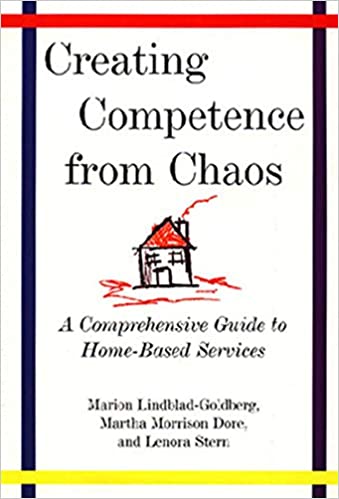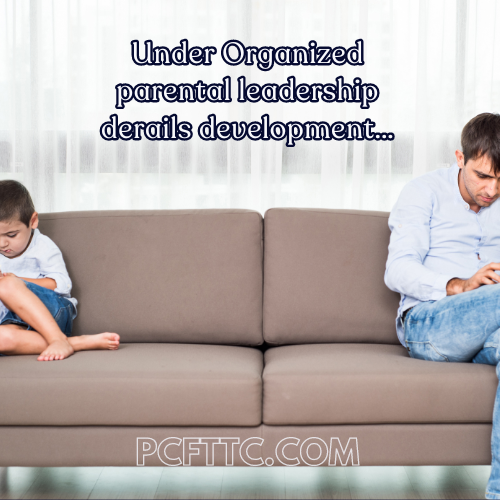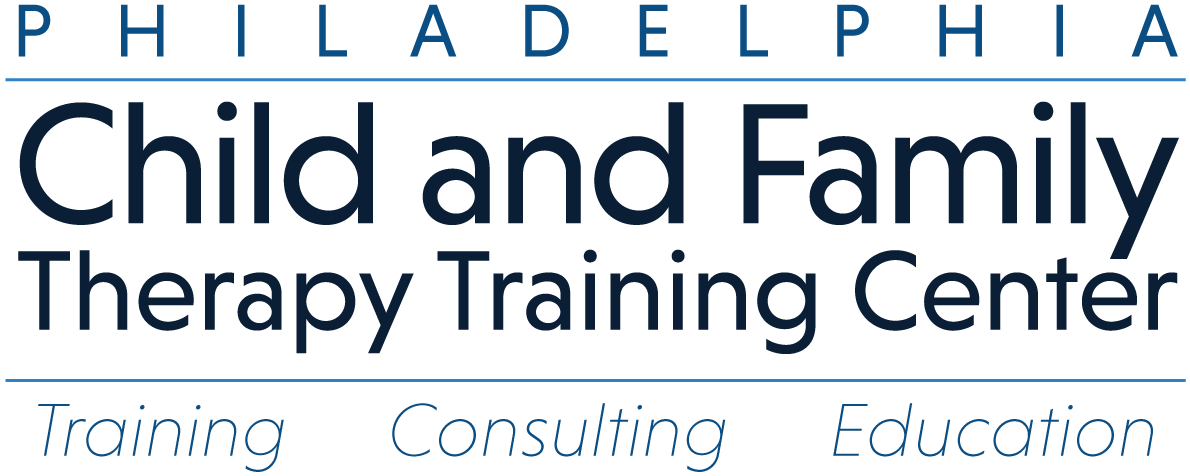Creating Competence From Chaos: A Comprehensive Guide To Home-Based Services (1998) by Marion Lindblad-Goldberg, Martha Dore and Lenora Stern, W.W. Norton, New York.

Buy On Amazon
Children with emotional and behavioral disorders are often adrift in our society, lacking adequate mental health care or caught between several child-serving systems, such as child welfare, juvenile justice, and the schools.
In Pennsylvania, a commitment has been made, on a statewide basis, to serve these children and strengthen their vulnerable families through a home-based approach grounded in ecosystemic thinking and practice. This book tells the story of Pennsylvania’s evolving treatment program, providing a model for other professionals who believe that a family’s needs are best met through individually tailored, family-centered, community-based, culturally competent, and outcome-oriented services.
This is a complete, comprehensive guide, covering everything from planning and development of home-based services through supervision and training of home-based practitioners and evaluation of treatment outcomes. Particular attention is given to the clinical challenges faced by home-based therapists working with families where children are depressed and perhaps suicidal, oppositional and defiant, out-of-control and aggressive, or hyperactive/impulsive. These families commonly have multiple problems, complex histories, and a negative view of outside “helpers.”
Delivered in the family’s home and involving parents as partners, the services described here work to improve child and family functioning through family therapy, creation of collaborative links between appropriate community and family resources, and provision of family support funds for concrete services such as transportation, respite care, and emergencies. Home-based treatment serves both children at risk for out-of-home placement due to a diagnosis of severe mental illness or behavioral disorders and children being discharged from inpatient hospitals and psychiatric residential placements.
The authors, active at every level of program conceptualization and implementation, share their wealth of experience with readers. Their advice and case studies move from the big picture to the small details of where to sit in a family’s home, what to say, and how to think about a problematic situation. Several appendices of forms used for assessment, evaluation, and training add to the book’s practical value. Theoretically sound and fully practical, this guide to home-based services will encourage all professionals serving children to involve their families and communities-and to meet them where they live.
Quotations from Professional Reviews
“This book provides the blueprint for this groundbreaking care system, with practical guidelines for starting a home-based system on the right foot; maximizing collaboration…with agencies; and, most important, delivering hands-on help to at-risk children and vulnerable families. Therapy chapters run the gamut of skills needed for providing home-based care…Case examples…illustrate systemic intervention used in a variety of family situations.”
Behavioral Science
“This book lives up to its…promise of being a ‘comprehensive guide to home-based services.’ Clearly written with many case examples, it fills a hole in the family therapy literature.”
Eric McCollum, The Family Therapy Networker
“This wonderful volume takes a huge step towards specifying competence in a field that has tremendous potential. I highly recommend this pragmatic and insightful text to practitioners and administrators alike.”
Scott W. Henggeler, Ph.D.
“This book about home-based services is written from the perspective of three disciplines-policy making, clinical services, and research. Reading this book is like opening one of those fertile Russian nesting dolls… Even when we get to the smallest details about the training of home-based staff and the supervision and organization of treatment, we understand how they are interconnected and fit within the big picture.”
Salvador Minuchin, MD.
“This richly illustrated book is an excellent resource. It should be a reference for all professionals who work with children and an essential text for those who provide home-based care.”
Lee Combrinck-Graham, MD.




Leave a Reply